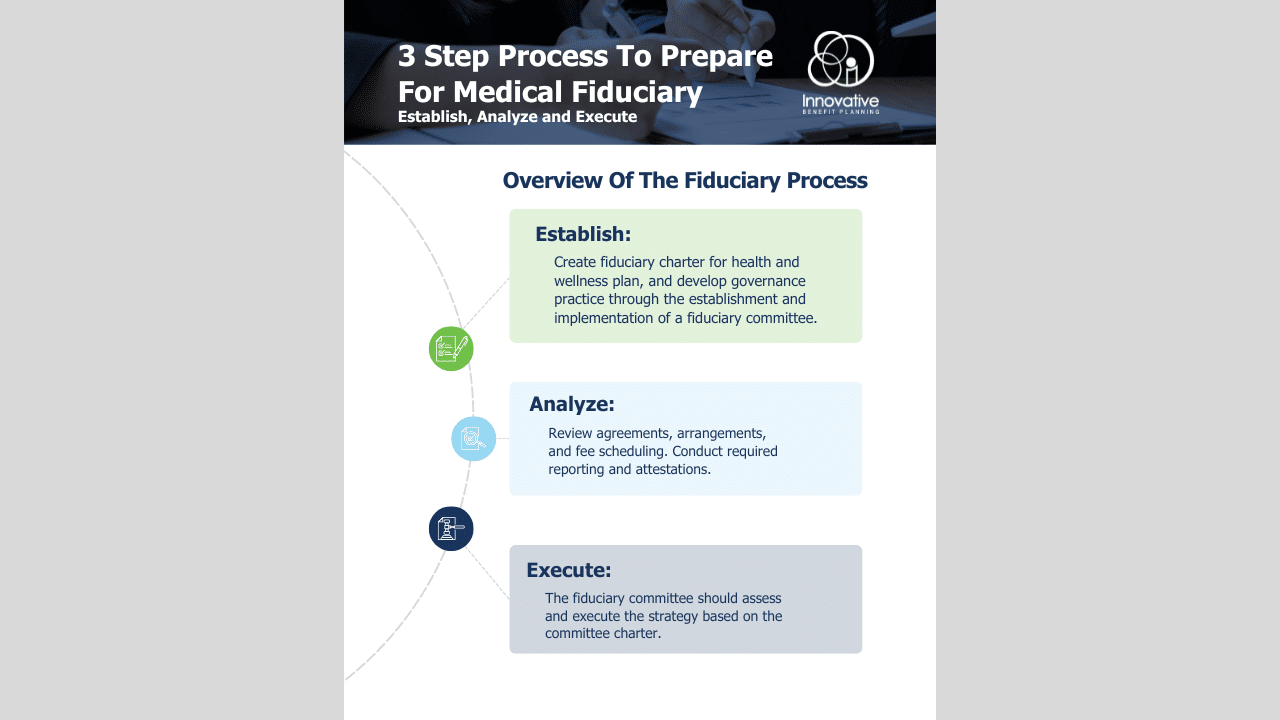Stress is a fact of life. A little stress can make you feel energized. It may even help you get things done. But constant stress can take a toll on your health. The effect can be both physical and mental. Poorly managed stress is a factor in many chronic health problems including high blood pressure, heart disease and diabetes.
Learning how to manage the stressors in your busy life could help you live longer, healthier and happier. The best stress management strategies are the simplest. They’re easy to remember, and easy to do.
1. Breathe. Did you know that the way you breathe could influence your mind, your mood and your body? Deep breathing is a powerful way to lower stress. When you breathe deeply it sends a message to your brain to calm down and relax. The brain then sends this message to your body. Those things that happen when you are stressed, such as increased heart rate, rapid breathing and high blood pressure, all decrease as you breathe deeply.
Mind and body practices that emphasize controlled breathing techniques, such as mindfulness meditation, yoga, qigong or tai chi, will help with stress relief.
2. Get Exercise. Exercise can be a great way to reduce stress. It boosts circulation. Exercise also spurs your body to make soothing endorphins. Exercise also focuses your mind on your body’s movements, improving your mood and helping the day’s stressors fade away.
Find something you enjoy doing. Consider activities like swimming, dancing, gardening, biking or walking. A brisk walk can reduce the level of stress hormones in your blood. Start slowly. Shoot for 30 minutes a day (or two 15-minute sessions). Just three walks a week will do you good. Even a walk around the block can clear your head – and keep you away from an unhealthy “quick fix” like chocolate or a cigarette.
Don’t forget to relax your muscles too! Work some stretches into your exercise routine. Consider joining a yoga class to learn more, easy stress-reducing stretches.
3. Laugh. Look for the humor in stressful situations. Laughter is a proven stress reliever. It actually induces physical changes in your body. You’ll take in more oxygen-rich air with a good laugh, which boosts circulation. Laughter relaxes muscles, lowers blood pressure and eases mental tension too. Researchers also find that laughter reduces levels of hormones that trigger the stress response.
4. Sleep. Many people who are stressed at work complain about being tired all of the time. If you feel this is true for you, try setting an earlier bedtime, and focus on improving the quality of your sleep. If you drink a lot of caffeine, try cutting down to see if it helps. Most people need 7 to 8 hours of sleep each night to feel their best.
5. Eat Healthy! Stress tends to make us eat more. And it tends to make us eat more junk food. When you’re busy and reach for junk food, it’s not just because it’s easy to grab and go – there’s a psychological component to those cravings for carbs, sugar and salt. “People eat to feed their souls,” says Dr. Christian VanDenBerg, director of the Executive Health Program at the Mayo Clinic in Jacksonville, Florida. “You find the person who is stressed out picks the candy bars or the chips, and they just take in more calories than they need and gain weight. And that often aggravates the general problem, because it affects your body image and you get more stressed out.” In the long run, high levels of stress can change how your body digests food, putting you at greater risk for weight gain or even diabetes.
While fatty food and sweets may add to your stress level, many foods may help reduce stress. Regular, healthy meals will help keep you on an even keel. Some foods are especially good for stress relief:
- Fruits and veggies are loaded with potassium, which helps regulate blood pressure.
- Omega-3 fatty acids, found in fatty fish such as trout and salmon, can prevent surges in stress hormones and help protect against heart disease. Aim to eat 3 ounces of fatty fish at least twice a week.
- Munching on carrot or celery sticks helps release tension in your jaw.
- All carbs prompt the brain to make serotonin, the feel-good chemical. Choose whole grains, which are high in complex carbohydrates. Complex carbs are digested more slowly. They also help stabilize blood sugar, so you feel more balanced.
Overnight Oatmeal Makes 4 servings
Start your day with a whole-grain, stress-fighting breakfast! Steel-cut oats (also called Scotch oats or Irish oatmeal) are toasted oat groats. They work well with the long, low heat of the slow-cooker.
INGREDIENTS
1 cup steel-cut oats (not rolled oats!)
3 cups water
1 cup fat-free half-and-half
1 apple, peeled and chopped
½ cup mixed dried fruit (raisins, currants, cherries, and/or cranberries)
¼ teaspoon salt
brown sugar, optional
DIRECTIONS
1. Just before going to bed, combine oats water, half-and-half, apple, dried fruit and salt in a slow-cooker. Turn heat to low. Put on the lid and let cook through the night, 8 to 9 hours.
2. If you don’t have a slow-cooker, cook the oatmeal covered in a double boiler on top of the stove. Remember to stir from time to time and check the water level in the bottom pot. The porridge will take about 1 ¼ hours using this method.
3. Spoon into bowls and sprinkle with a little brown sugar, if desired.
NUTRITION PER SERVING
231 Calories
3g Fat
0g Saturated fat
8g Protein
44g Carbohydrate
8g Fiber
289mg Sodium
Source: Healthy Living Kitchens












